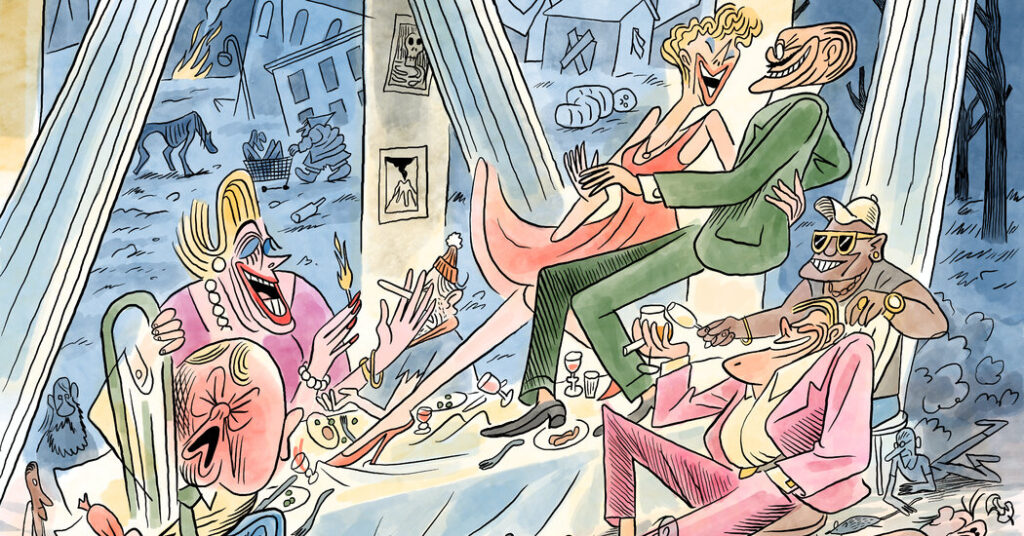In the 20th century, the real novelty that required the wealthy to increase their wartime contributions was the expansion of progressive taxation, with significant increases in the top personal income tax rate (in the United States, the historic maximum tax rate has been reached). In 1944 and 1945, income above $200,000 was subject to 94 percent) and inheritance tax. Of course, historically, war is the best motivator for asking people to contribute more in blood and cash. But he also noted that in the 20th century, even during peacetime economic crises, especially the Great Depression of the 1930s, the wealthy were able to contribute significantly more than the average citizen to cover the costs of public activities. It was expected. For example, this was clearly demonstrated in the fiscal policies introduced in the United States as part of President Franklin Roosevelt's New Deal.
Over the past 15 years, we have experienced a great recession, which also led to sovereign debt crises in some countries. Then, here he was, followed by the worst pandemic in almost a century, followed by an ongoing war in Ukraine and the threat of an impending major disaster. Middle East conflict. Based on history, one would expect that in this era the wealthy would once again be called upon to play their traditional roles, and proposals of this kind have entered the political debate in many Western countries.
But so far, much of the discussion has not been accompanied by action, and recent fiscal reforms appear to have done little to increase the contributions of the wealthy. A recent study of fiscal reforms undertaken by European countries in response to the COVID-19 pandemic shows that increases in top rates of personal income tax and (where applicable) wealth tax are rare and modest. ing. In the United States, the Biden administration's proposals to increase taxes on the wealthiest, including a minimum income tax on billionaires, have repeatedly failed to garner enough political support.
This is troubling because the wealthy are no longer fulfilling the social roles they have played for centuries, making their place in society somewhat unclear.
In this context, we also need to consider whether the extraordinary resilience of the wealthy to recent crises may have been achieved in a way that reduces the resilience of society as a whole. For the wealthy, protecting their wealth from danger also includes protecting against additional taxation, which in turn means that they are more likely to be protected from further taxation, including policies aimed at alleviating the suffering (economic or otherwise) of the poor. Public institutions will be deprived of financial resources that could be used for strong mitigation policies.

